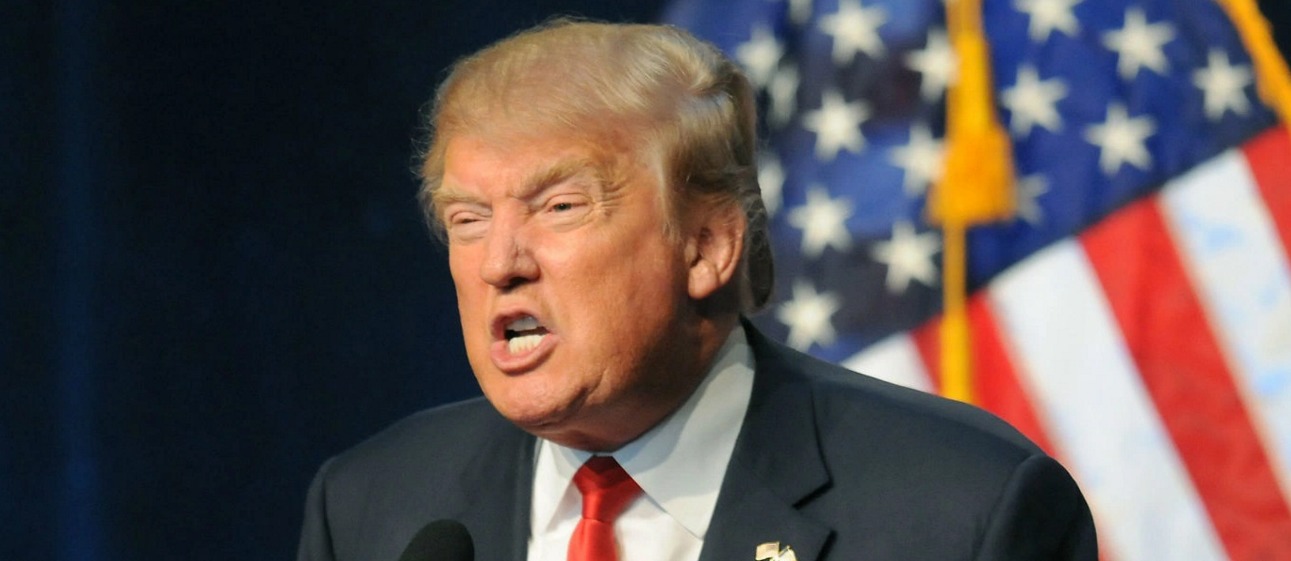- About
- Topics
- Picks
- Audio
- Story
- In-Depth
- Opinion
- News
- Donate
- Signup for our newsletterOur Editors' Best Picks.Send
Read, Debate: Engage.
| topic: | Human Rights |
|---|---|
| located: | USA, Germany, United Kingdom |
| editor: | Gurmeet Singh |
Uh oh.
Not “uh oh, Donald Trump is going to win”, but “uh oh, Trump attacking his nation’s democratic framework will make it easier for others to do the same in their own countries.”
From a purely strategic perspective, the Republican party should not attack or undermine the American electoral system. Even if they win some short-term gains through voter suppression or other tactics, both they and the Democratic party require that system to legitimately access power in the long-term. They should strengthen and enrich that system since it gives their parties a (nominally) democratic mandate to rule. Allowing Donald Trump to undermine that system doesn’t just undermine the Democratic party.
But something tells me long-term considerations of systemic durability are not high on the list of priorities of so-called strongmen. Strongwomen too, let’s be clear.
Trump’s tactics have been copied by these people the world over, and his statements are often reinforced. Why? Not only so these parties can endear themselves to him, but also, so they can spread a web of falsehoods which further inflame their own political bases.
Beatrix von Storch, the former Deputy Leader of the AfD, is no stranger to outrageous statements herself, having formerly spoken of “rapist hordes” in reference to migrants and refugees. As reported by Deutschlandfunk:
“Beatrix von Storch, shares the view of US President Donald Trump that there were irregularities in the US presidential election. "It is amazing when suddenly 100 percent of all postal votes submitted later are for Biden and zero for Trump," said von Storch on Deutschlandfunk. She did not give any specific hints or examples for one of these incidents, but spoke of extreme anomalies that would have to be checked: “We simply find that irregularities are reported here and when irregularities are reported, they are checked. And I think the USA is a constitutional state enough that you can check that there."
How can votes go one way, and then the other? VERY STRANGE. Or not: maybe it’s just how voting works. Although voting by mail is less secure than voting in person, the suggestion that an organised, concerted effort to falsify millions of ballots is incredible. What’s more, to say this, without evidence, about another country in an ongoing election count that also should be a source of considerable embarrassment for the AfD.
However, it won’t be. The purpose goes beyond supporting Donald Trump. The tactic is looking towards any future election held in Germany. Postal votes and other forms of distance-voting are going to become the norm, and Germany’s use of postal voting is already considerable. The pandemic will go on, and elections will, of course, continue to take place. If populist parties lose votes, they’ll have a ready-made excuse, and a ready-made conspiracy theory upon which to draw: “it’s not us, the system is against us!”
But of course, the Democrats are not blame-free. Of the 2016 Presidential election and “Russian interference”, Gary Younge wrote how the country needed to come to terms both with social media data breaches and also, of its own shocking racism; the latter being a much more persuasive account of why the election went the way it did, rather than concerted outside interference. Election processes are not perfect and do suffer from outside interference. America is no different, and Russia and China very likely did interfere. However, for that interference to be effective, there needs to be a receptive audience – Trump’s racism brought the country to the surface, and provided that audience.
The Democrats’ insistence that Trump was a “Russian puppet” helped undermine public trust in their electoral system – a trust which has not been restored this time around.
When you undermine the system, you produce unwanted results even for yourself. Writing about the UK-US relationship in The Guardian, Polly Toynbee, made the significance clear for her country:
“There’s no way back from Brexit, but the US election should remind us that the only way forward is to turn towards Europe and rebuild that alliance. It’s time we learned to talk European again; time to make languages compulsory in school again.
Our fellow Europeans, like us, look on aghast at Trumpism. The small wave of nativist demagoguery that recently threatened parts of the EU has largely subsided, except in Hungary and Poland. Of course, Britain has not been immune from some of that American mania: we voted for Brexit and elected our own mini-Trump.
But today, when asked if, “In hindsight, do you think Britain was right or wrong to vote to leave the EU?” British people consistently say “Wrong” by 57 per cent to 43 per cent.”

